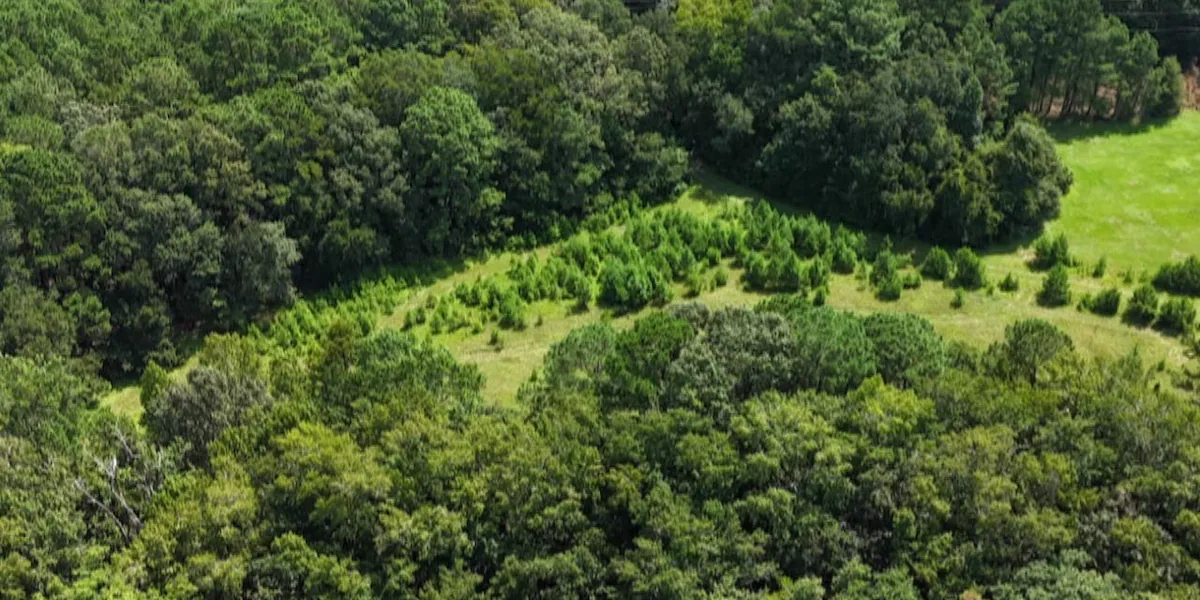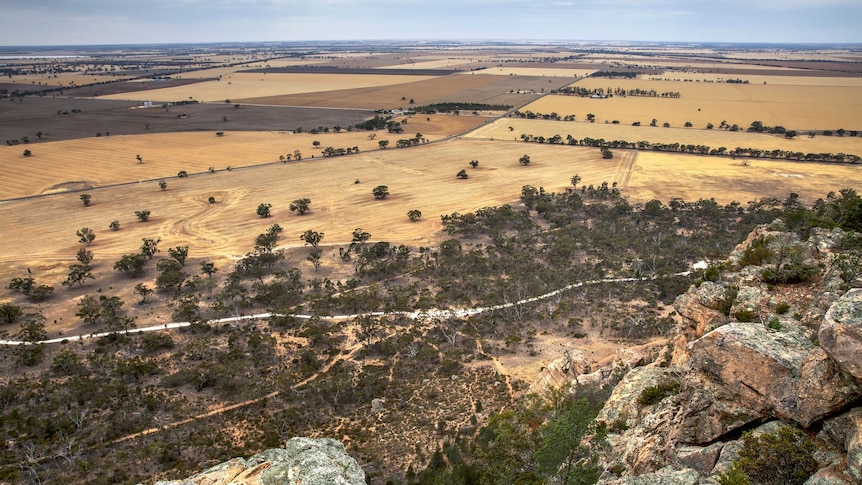Copyright Live 5 News WCSC

JOHNS ISLAND, S.C. (WCSC) - More than a century of family property on Johns Island is now preserved from any future developments. About three generations’ worth of family property in rural Johns Island is now under the protection of the Lowcountry Land Trust. The nonprofit prioritizes preserving Lowcountry landscapes and waterways for current and future generations. The organization protects the 37 acres thanks to a conservation volunteer easement agreement with the family. The easement is now included in the land’s deed for indefinite protection from future development. About 13 acres of the land hold prime agricultural space that is beneficial for its soil and forested wetlands that support biodiversity. Organization Community Lands Director Sam Seawell says it feels great that the property’s preservation to becoming a reality. He says the area’s preservation is critical for the environment. “This property contains forested wetlands that feed into Bohicket Creek and ultimately North Edisto River,” Seawell says. “So this is improving and preserving water quality as well as helping control stormwater runoff, flooding and things like that.” Seawell says the protection fits in with Charleston County’s Urban Growth Boundary, which separates urban and suburban development from rural areas. The acres sit outside the boundary. This location enforces development restrictions for the acres of land. Organization leaders say 80% of rural and undeveloped land on Johns Island sits outside of the boundary, but is not permanently protected from potential developments.



